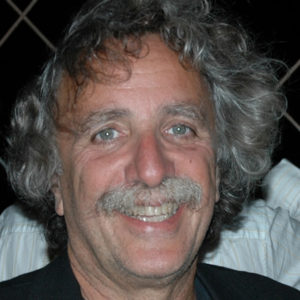Genetic Nonsense: From Bench to Bedside
The genetic code includes specific “start” and “stop” signals that respectively demarcate the beginning and end of the information comprising a gene. Mutations that cause premature stops are called nonsense mutations and genes which harbor such mutations are essentially nonfunctional. Such genes still produce messenger RNA (mRNA), the template for protein synthesis, but cellular quality control pathways ensure that their defective mRNAs are rapidly eliminated.
We have been studying an mRNA surveillance pathway in yeast that we dubbed nonsense-mediated mRNA decay (NMD) because it targets and degrades the mRNAs encoded by genes harboring nonsense mutations. The trigger for NMD is premature translational termination by the ribosome and this led to the recognition that premature translational termination and normal translational termination must differ mechanistically. One consequence of this difference is that it was possible to use genetic tricks in yeast that allowed the ribosome to bypass or “read through” premature stop signals, but not normal ones, thereby restoring function to genes otherwise inactivated by nonsense mutations. Such restoration is known as nonsense suppression.
Given the large number of individuals collectively afflicted by nonsense mutations (15-20% of the alleles of all inherited diseases, including those causing cystic fibrosis [CF], Duchenne muscular dystrophy [DMD], hemophilias, and lysosomal storage disorders), a therapeutic approach to their suppression could be of considerable medical benefit. Stuart Peltz and I thus attempted to apply the principles of yeast nonsense suppression to pharmaceutical development for humans. We started PTC Therapeutics Inc. and the company developed ataluren as a novel therapeutic for genetic disorders attributable to nonsense mutations. Encouraging results in clinical trials of patients with nonsense-mediated CF and DMD suggest that ataluren not only encompasses a new approach to treating these two diseases, but also has the potential to treat multiple life-threatening inherited disorders.
Presented by:
Allan Jacobson, Ph.D.

Chair of the Department of Microbiology and Physiological Systems at the UMass Medical School and Co-Founder of PTC Therapeutics, Inc.
No slides availableNavigate the Site
2025 GoldLab Symposium
Save the date!
Please join on May 15-16, 2025Presenters In The News
Contact Info










